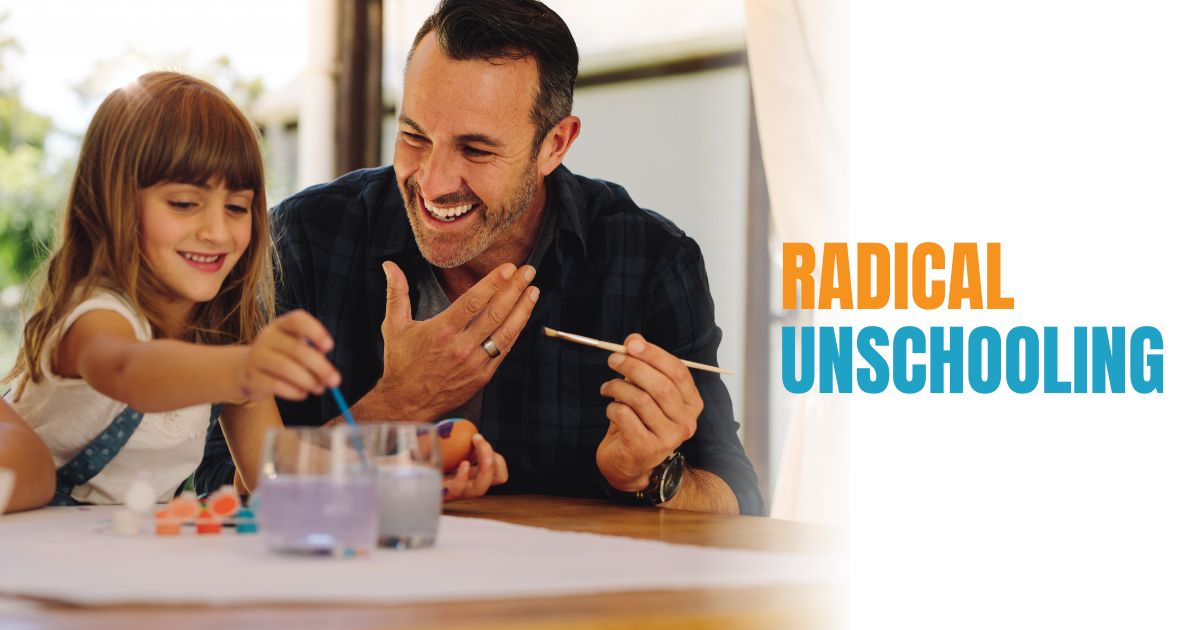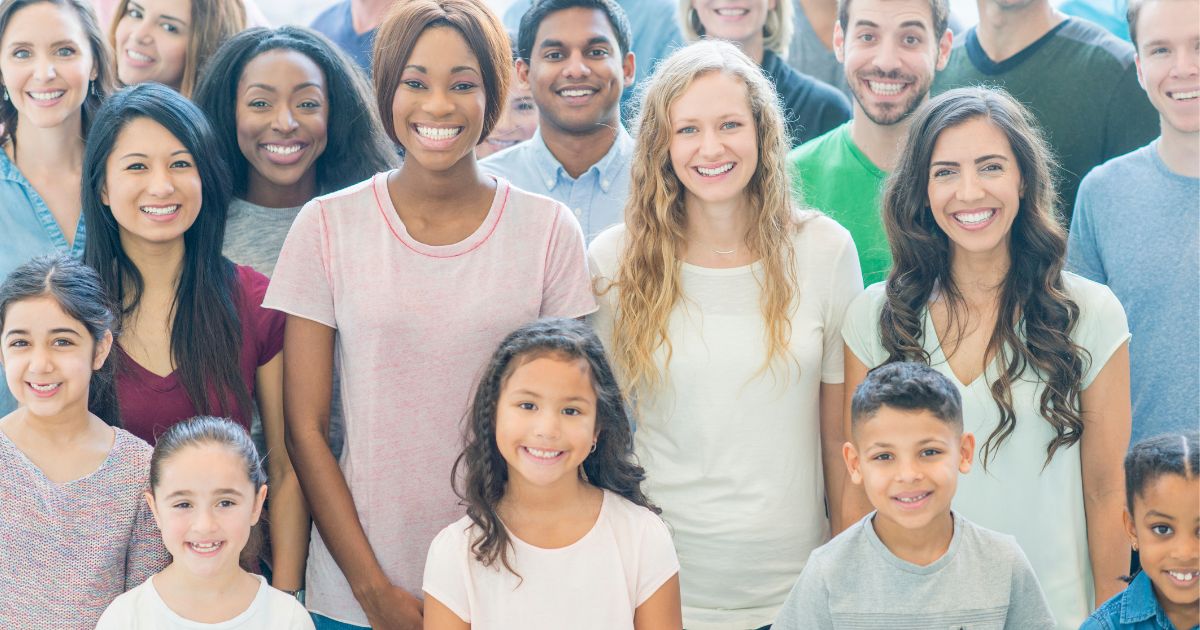If you’ve ever found yourself daydreaming about tossing out the lesson plans, ditching the rigid schedules, and letting your kids learn freely, you’ve probably stumbled across the concept of radical unschooling. It’s an approach that takes the idea of self-directed education and turns it up a notch—or three. Before we dive deep, let’s talk about one of the most intriguing aspects of this lifestyle: unschooling benefits.
From greater independence to happier family dynamics, radical unschooling challenges everything we think we know about education—and sometimes, even about parenting.
What Exactly Is Radical Unschooling?
Imagine education that looks nothing like “school.” No grades, no curriculum, no tests—and not just at home, but in all areas of life. Radical unschooling extends beyond academics into how kids eat, sleep, and interact with the world. It’s about trusting that children are naturally curious and capable of directing their own learning through daily life experiences.
In traditional unschooling, parents act as guides or facilitators, helping their children explore interests and access resources. Radical unschooling takes it further: parents also let kids make choices about non-academic areas, too. For instance:
- Bedtimes: Instead of setting a strict bedtime, kids decide when they’re tired.
- Meals: Instead of “clean your plate,” kids learn to listen to their bodies.
- Technology: Instead of screen limits, kids discover how to balance play, learning, and downtime.
At its core, radical unschooling is about trust. Trust that your kids want to learn. Trust that they’ll find balance. Trust that connection, not control, leads to real growth.
The Real-World Unschooling Benefits Parents Notice
So why do families go this route? Here are some of the biggest unschooling benefits that parents and kids often experience:
- Genuine Love of Learning
Without pressure or grades, kids rediscover learning as something joyful. They explore because they want to, not because they have to. That passion can lead them deep into topics that interest them—like marine biology, coding, or ancient history—without the need for a textbook telling them to.
- Stronger Family Relationships
When the power struggles end, relationships can blossom. Instead of constant conflict over “getting work done,” parents and kids start to see each other as teammates, not opponents.
- Self-Motivation and Independence
Radical unschooling encourages kids to make decisions and solve problems on their own. They learn to manage their time, handle frustration, and find answers independently—skills that traditional schooling often sidelines.
- Emotional Awareness and Confidence
When children’s choices are respected, they develop a stronger sense of self. They understand their emotions better and gain confidence through real-world experiences instead of test scores.
- Flexible and Individualized Education
Every child learns differently. Radical unschooling allows your child to set the pace, dive into deep interests, and switch gears when something no longer serves them.

Common Myths About Radical Unschooling
You might be thinking: “But what about structure? Don’t kids need that?” Totally fair question! Let’s bust a few myths.
- Myth 1: Radical unschooling = zero guidance.
Nope! Parents still play a big role—they provide resources, model curiosity, and help kids access opportunities. - Myth 2: Kids won’t learn basic skills.
Everyday life is full of math, reading, and science. Measuring ingredients, budgeting allowance, reading signs, experimenting—it’s all learning. - Myth 3: It’s chaotic and undisciplined.
Actually, radical unschooling families often report that kids learn self-discipline faster because they’re in charge of their own decisions. - Myth 4: It only works for “certain” kinds of families.
Radical unschooling looks different for everyone. City or country, one kid or five—it’s about adapting principles, not perfection.
How Radical Unschooling Differs from Other Education Methods
Here’s a quick comparison to help you see where radical unschooling fits on the alternative education spectrum:
| Education Style | Core Belief | Structure Level | Parent Role | Example |
|---|---|---|---|---|
| Traditional Homeschooling | Learning through planned lessons | High | Teacher/Planner | Using workbooks and curriculum |
| Unschooling | Learning through interests and daily life | Moderate | Facilitator | Following a child’s curiosity |
| Radical Unschooling | Learning through total freedom and trust | Low | Partner/Guide | No forced lessons or rules; natural life learning |
In other words: if traditional homeschooling is a classroom at home, and unschooling is learning through curiosity, radical unschooling is life itself as the classroom.
Tips for Parents Curious About Trying It
Thinking about dipping your toes in? You don’t have to jump all in overnight. Try easing into the mindset first:
- Observe before you direct. Notice what your kids naturally gravitate toward when they’re free to choose.
- Ask instead of telling. “What do you think we could do about that?” encourages ownership and critical thinking.
- Redefine what counts as learning. Video games can teach problem-solving, cooking teaches math and chemistry, and nature walks spark scientific curiosity.
- Create a resource-rich environment. Keep books, art supplies, instruments, and tools easily accessible.
- Stay connected with other families. Radical unschooling can feel isolating at first. Online groups and local meetups are gold for support and new ideas.
When Radical Unschooling Might Not Be the Right Fit
Radical unschooling is not a one-size-fits-all model. Some families find that:
- They prefer a bit more structure or accountability.
- Their child thrives with a mix of guided and self-directed learning.
- They struggle to balance work schedules with a fully unschooled lifestyle.
And that’s okay. Education is not about fitting your child into a mold—it’s about crafting a life that fits your family’s needs and values.
What Parents Say: The Emotional Shift
Many parents who transition to radical unschooling describe it as freeing. They stop feeling like enforcers and start feeling like collaborators. Children begin to make thoughtful choices, not out of fear of punishment, but out of understanding and trust.
It’s not always easy—there are moments of doubt, especially when it feels like your child’s learning doesn’t look “normal.” But then you see them light up when they teach themselves how to code, design, or write poetry at midnight, and you realize that learning was never supposed to be a box.
The Future of Education Is Flexible
As technology and culture evolve, so do our definitions of success and intelligence. Radical unschooling aligns with a world that values creativity, adaptability, and self-driven thinking.
Alternative education models like:
- Montessori, focusing on hands-on independence,
- Waldorf, emphasizing imagination and rhythm, and
- Project-based homeschooling, centered on real-world application—
all point toward one big truth: learning thrives when it’s personal and purposeful. Radical unschooling just takes that truth to its purest form.
Ready to Explore More Homeschool Wisdom?
Radical unschooling might not be for everyone—but it’s definitely worth exploring if you crave more freedom, trust, and connection in your family’s learning journey. The best part? You don’t have to figure it out alone.
Check out more of our blogs here at DKM Homeschool Resource for practical homeschooling tips, creative ideas, and real-life stories from families carving their own educational paths. Whether you’re a planner or a free spirit, there’s something here to help you make learning feel natural—and joyful—for your family.




